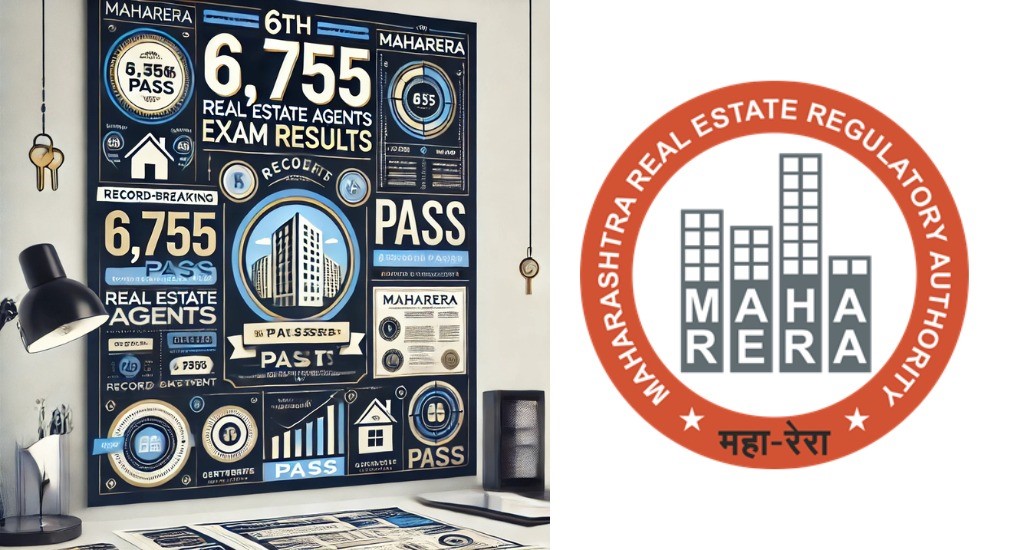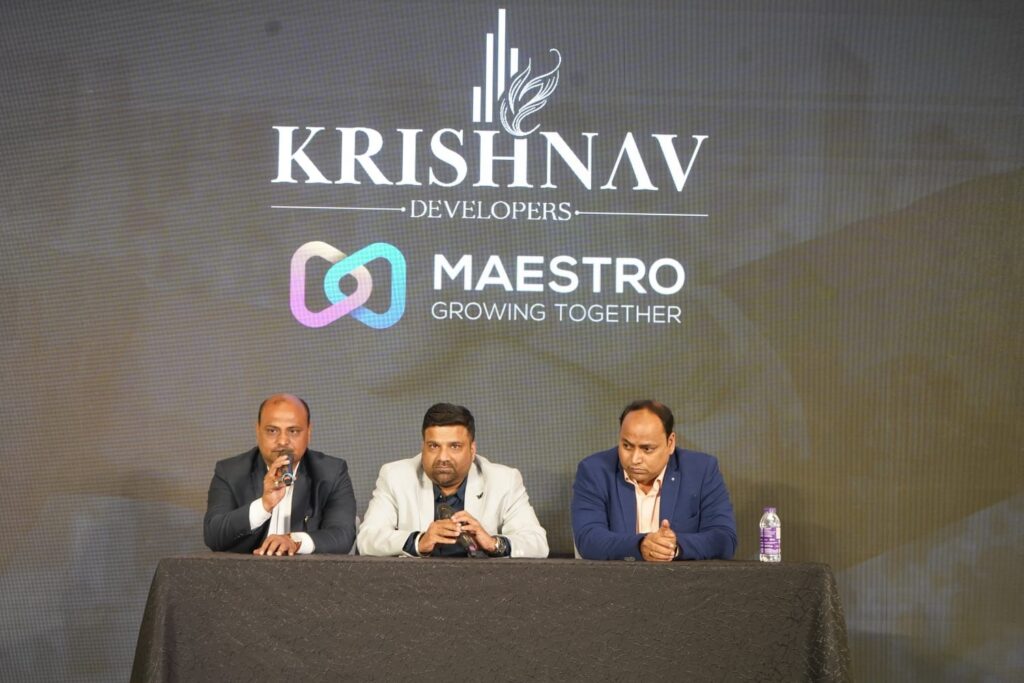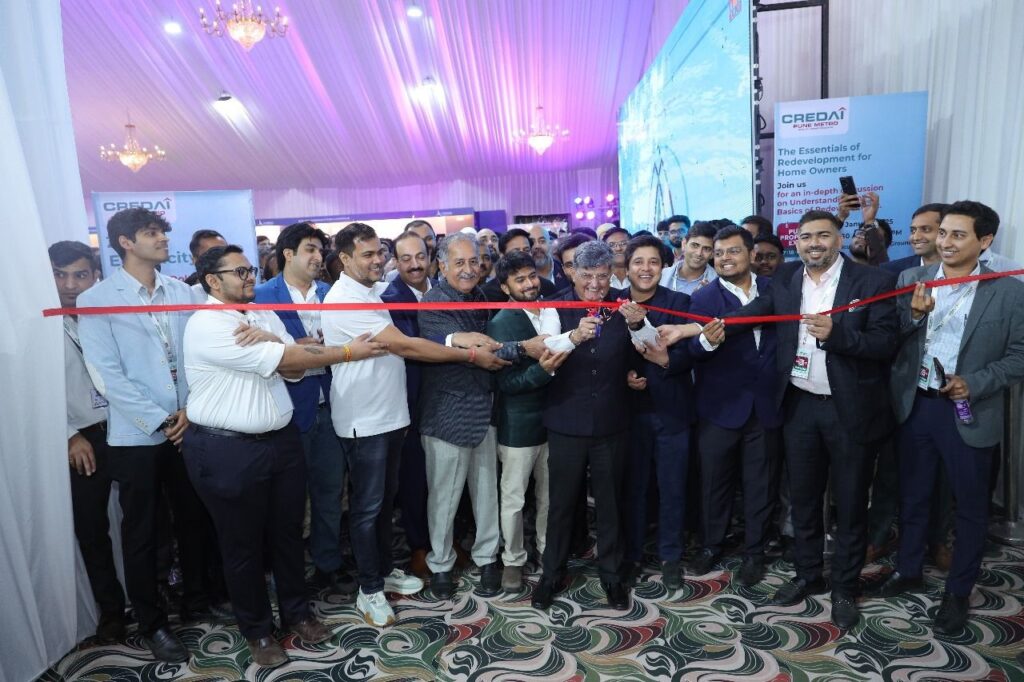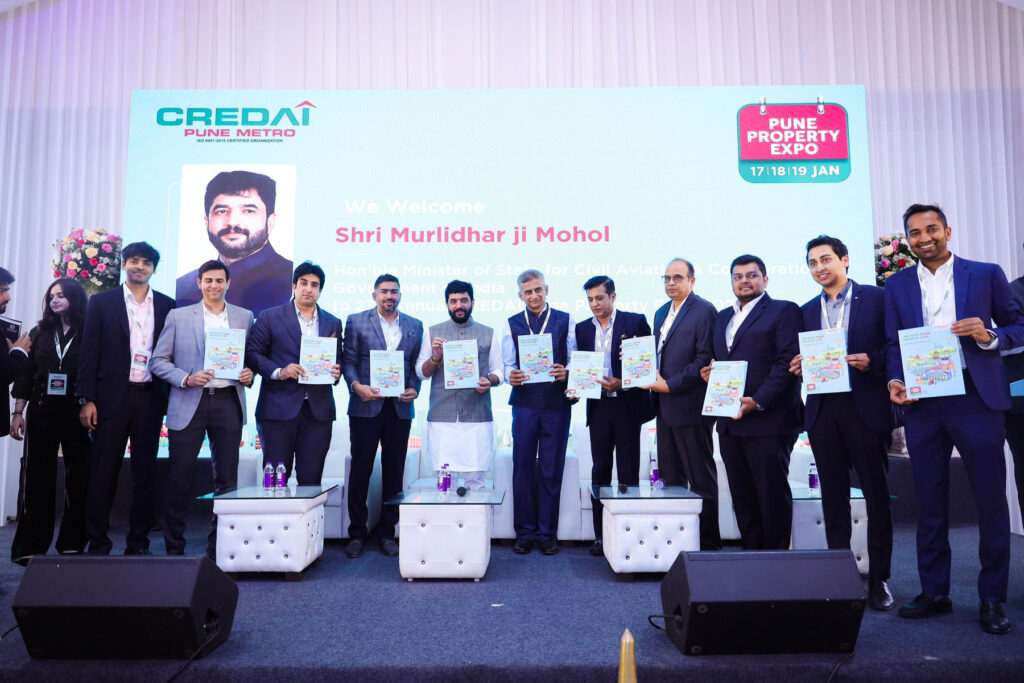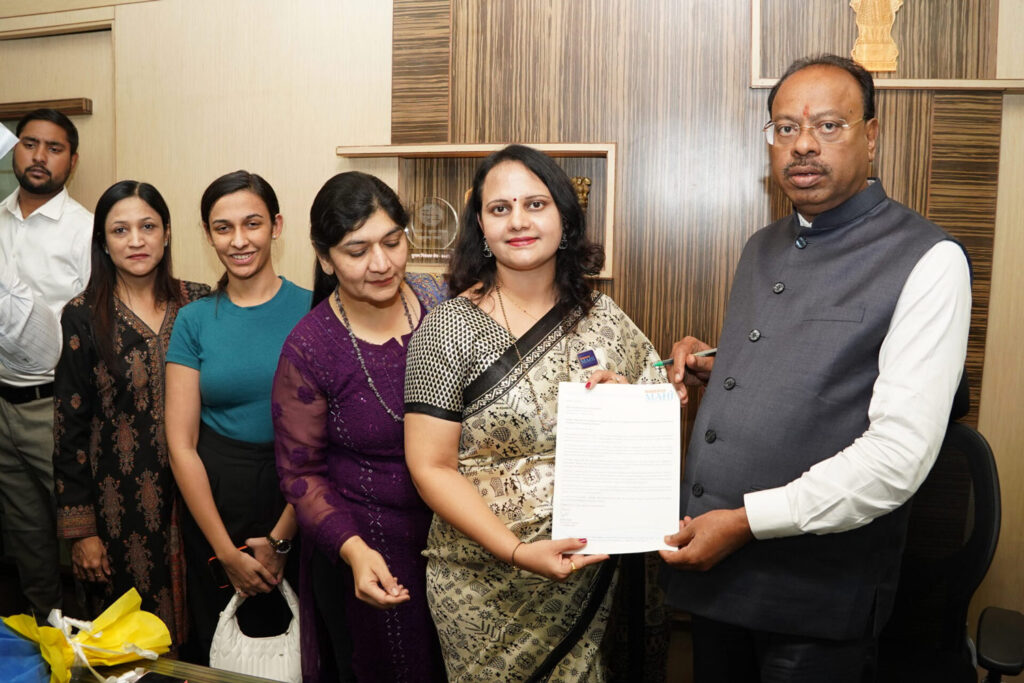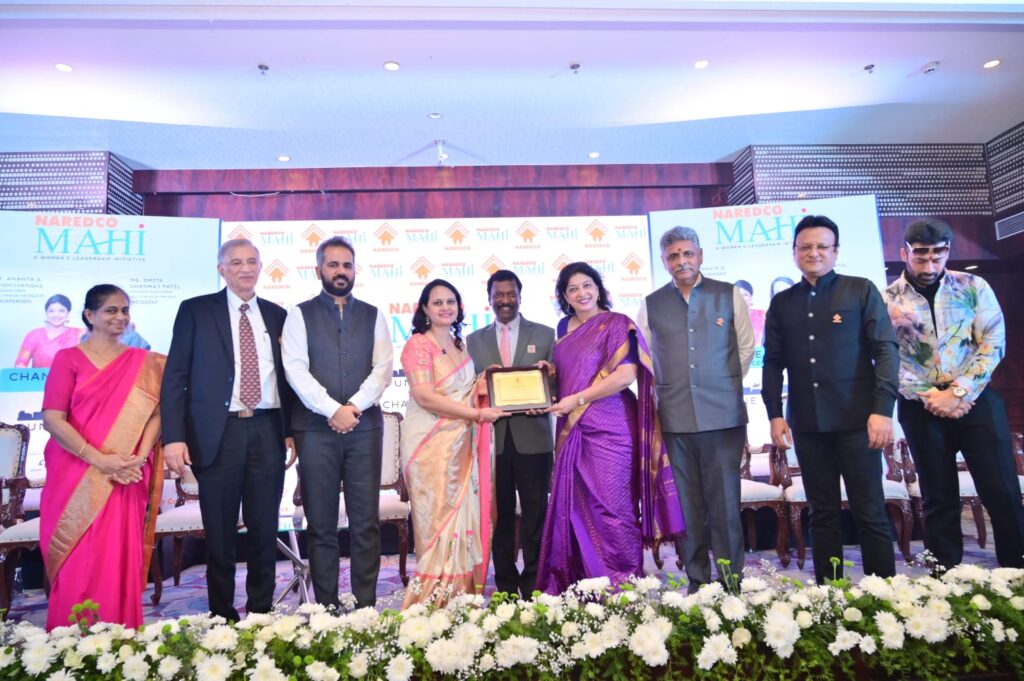Pune, 18 January 2025 Maestro Realtek, a renowned strategic real estate partner, is thrilled to announce its collaboration with Krishnav Developers to launch the much-anticipated project, codename GOLDEN JEJURI. This landmark project is located in Jejuri’s culturally rich and serene surroundings and promises to blend heritage, tranquility, and modern connectivity for discerning investors and homeowners. Nestled near the iconic Jejuri Temple, renowned for its spiritual and historical significance, Project Codename GOLDEN JEJURI offers an unparalleled opportunity to live amidst a rich tapestry of heritage and nature. The project features a sprawling 16-acre land parcel comprising 196 meticulously planned NA bungalow plots, ranging from 1,000 to 4,000 square feet. These plots are primed for immediate possession, offering investors a unique chance to capitalize on the region’s meteoric rise in value. With an FSI (Floor Space Index) of up to 1.85 and possession slated for January 2027, the development is poised to become a beacon of modern living infused with cultural richness. Adding to its allure, the project is just 10 kilometers from the proposed Purandhar International Airport, a transformative infrastructure development expected to boost regional connectivity and real estate value. The proximity to Nazare Dam, Jejuri Railway Station, and major cultural landmarks like the Moregaon Ganesh Temple further enhances its appeal as a tranquil yet connected lifestyle destination. Project Codename GOLDEN JEJURI boasts an impressive array of amenities tailored to meet the needs of modern families. The development includes a grand entrance gate and security cabin, a swimming pool, a clubhouse, and an amphitheater with seating. It also features an open gym, jogging track, tennis court, and practice basketball court. For families, there are dedicated kids’ play areas, a toddler play zone, and a senior citizen gazebo. Decorative landscaping, water fountains, and a temple add to the charm. At the same time, an event lawn with a stage, pergola seating, and outdoor study kiosks create a perfect balance between recreation and relaxation. This carefully curated 30+ amenity reflects a commitment to creating a holistic living environment that seamlessly blends relaxation, recreation, and cultural enrichment. Speaking on the launch, Nitin Gupta, Founder, and Managing Director of Maestro Realtek, stated, “Our partnership with Krishnav Developers for this visionary project aligns with our commitment to delivering exceptional real estate solutions. Codename GOLDEN JEJURI embodies our philosophy of combining strategic location advantages with lifestyle-centric amenities, making it an ideal choice for investors and second-home buyers.” Adding to this, Dr. Rajesh Sambhaji Sathe, Managing Director of Krishnav Developers, remarked, “At Krishnav Developers, we envision creating spaces that resonate with the aspirations of modern families while staying rooted in heritage. Project Codename GOLDEN JEJURI perfectly represents this vision, offering a serene environment, excellent connectivity, and robust infrastructure. This project is not just about plots; it’s about crafting a lifestyle that bridges the past and the future.” Jejuri holds a special place in Maharashtra’s cultural and historical narrative. Known as “Khandoba’s Jejuri,” the town attracts thousands of pilgrims annually, making it a hub of spirituality and tradition. The launch of Project Codename GOLDEN JEJURI marks a significant step in integrating this rich heritage with modern urban planning, ensuring that the region’s natural beauty and historical essence are preserved while unlocking new avenues for economic and residential growth About Maestro Realtek: Maestro Realtek is founded by Nitin Gupta, an avid real estate professional with over 18+ years of experience. His desire to provide knowledge-based and outcome-driven real estate solutions prompted him to set up Maestro to make a real difference in the real estate ecosystem. Maestro Realtek is the ultimate destination for effective real estate business solutions. The company is a knowledge-driven and trusted strategic partner, offering comprehensive end-to-end assistance to real estate developers and landowners. Their commitment to leveraging knowledge and expertise ensures that clients receive the most informed and effective solutions throughout every stage of their real estate endeavors from growth strategies to land acquisition for business expansion, sales, marketing, and CRM, they provide a complete package of solutions. With their expertise in velocity selling, their primary goal is to rapidly and effectively accelerate clients’ sales. Moreover, the company leverages cutting-edge technology, data analytics, and market-driven approaches to ensure significant profitability and remarkable cash flow for its clients. At the core of their mission is the drive to create a meaningful impact. Maestro aspires to be a progressive and growth-focused organization led by passionate professionals, generating value for all its stakeholders. The vision of Maestro Realtek is to add long-term value to the real estate industry. They aim to become India’s leading real estate brand, setting new benchmarks in all aspects of operations and earning greater goodwill along the way. The company’s objectives revolve around creating lasting impacts on businesses, enhancing profitability, reducing turnaround time, executing effective marketing strategies, building strong brands, and ultimately contributing to real estate success stories. With Maestro Realtek as your partner, you can expect a complete 360° business transformation, fostering growth and prosperity in the real estate realm. For more information visit the website: https://maestrorealtek.com/ For Media queries: Sonia Kulkarni | Managing Partner | Hunk Golden & Media | 98201 84099




